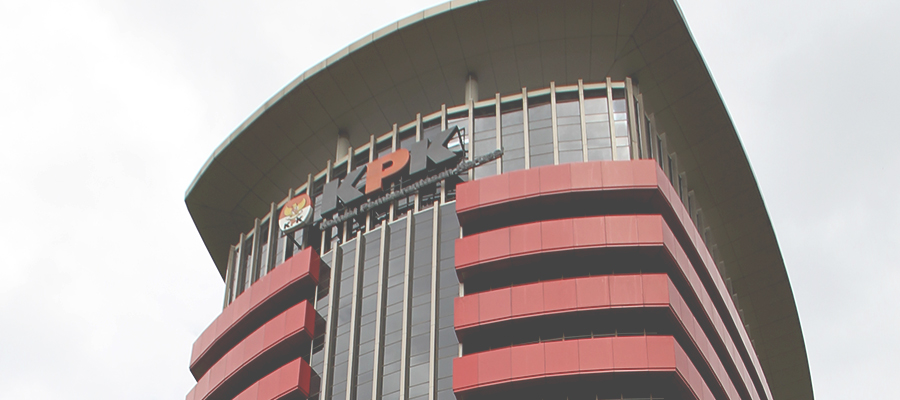Thursday, 14 May 2020. Indonesia’s Corruption Eradication Commission (KPK) strongly reminded and required all civil servants and state officials to refuse any gifts or gratuities that are given in connection with her or his position or run counter to her or his duties or obligations. Receiving gratuities because of one’s position or authority may be subject to prosecution. This is based on Law Number 20 of 2001 in conjunction with Law Number 31 of 1999 on Eradication of the Criminal Act of Corruption.
The gifts or parcels which are received by civil servants or state officials would automatically be considered gratuities or bribery if they are not reported to KPK within 30 working days upon receipt. This announcement was made in anticipation of the upcoming Eidl-al-Fitr Holiday on 1 Shawwal, 1441 Hegira.
Not only receiving gifts or parcels—even asking for religious holiday allowance (THR) or any other kinds of bonus can also be considered as a criminal act. Such illegal requests, either oral or written, are sometimes made by civil servants or state officials on their own behalf or on the behalf of certain central or local government institutions to members of the civil society, private companies, and/or other fellow civil servants or state officials.
As a religion, Islam does not prohibit giving and accepting gifts. However, it does warn against gifts that may influence strategic decisions taken by an individual by virtue of her or his position, which are also considered as a violation against applicable law. These gifts can take many forms: cash, foods or drinks, parcels, facilities, services, or other presents from business partners, company owners, or the general public that are given in connection with the receiver’s position or authority.
Civil servants or state officials who receive gratuities are considered to have violated their professional code of ethics and to spark conflicts of interest. In addition to prohibiting civil servants or state officials from receiving gratuities, KPK also forbid them from using official cars to visit their hometown during the religious holiday.
Regulations concerning gratuities are specified in Article 12B paragraph (1) of Law Number 31 of 1999 in conjunction with Law Number 20 of 2001 on the Eradication of the Criminal Act of Corruption. The Law states that each gratuity given to a civil servant or state official can be considered as bribery when such gratuity is given in connection to her or his position and runs counter to her or his duties or obligations.
Furthermore, Article 12 of Law Number 20 of 2001 regulates that a gratuity receiver may be sentenced to life imprisonment or to imprisonment of minimum four years or maximum twenty years and a fine of minimum Rp 200 million and maximum Rp 1 billion.
Any civil servant or state official who wishes to report the receipt of any gratuities in connection with her or his position is invited to access www.kpk.go.id/gratifikasi or call our Public Information Service at 198.
Receipts of gratuities can also be reported to KPK via online gratuity reporting application GOL that can be downloaded on Play Store or App Store by typing the keywords “GOL KPK” in the search box. Reports can also be sent via an email to This email address is being protected from spambots. You need JavaScript enabled to view it. or KPK’s mailing address.
Besides those reporting channels, gratuity reports can also be submitted to the Gratuity Control Unit at each institution, which will then forward them to KPK. To make a report, a civil servant or state official have to use the gratuity form that can be downloaded on the KPK website.
Public Relations Bureau
Komisi Pemberantasan Korupsi
Jl. Kuningan Persada Kav.4, Jakarta Selatan
Call Center: 198
(021) 2557-8300
Circular Number 14 of 2020 on Gratuity Control in Relation to Religious Celebrations


